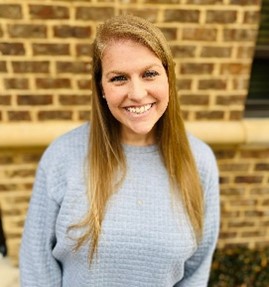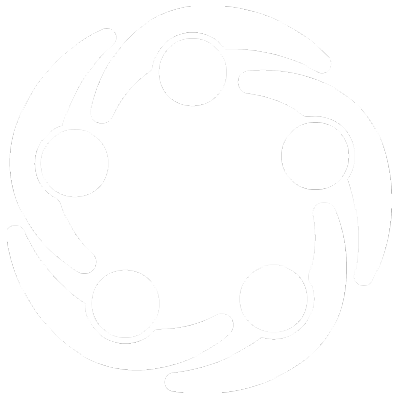Environmental strategies are designed to make changes on a large scale in the community, impacting community norms, regulations, and access and availability of substances. While some prevention programs are directed toward specific individuals and can only reach a limited number of participants, environmental strategies seek to improve the health and wellness of everyone in the environment or community. This 3-hour training will focus on three areas of environmental strategies for substance misuse prevention: media and messaging, policy, and enforcement. Participants will work through a case study in small groups to apply the concepts and processes outlined in the training.
Important note: In order to receive a certificate of attendance for this training, participants are required to actively participate in the small group activities with their cameras on and working microphones.
LEARNING OBJECTIVES:
Participants will be able to:
- Define environmental prevention and how this differs from other prevention strategies.
- Identify and define the 3 primary types of environmental approaches.
- Explain how to identify and select appropriate environmental strategies.
- Apply the principles of the Strategic Prevention Framework (SPF) to the selection, implementation, and evaluation of environmental strategies.
CERTIFICATES:
Registrants who fully attend this event or training will receive a certificate of attendance via email within two weeks after the event or training.
PRESENTER:

Ashley Bodiford
Bodiford is the Director of Prevention at LRADAC in which she develops, implements and maintains effective prevention services for Richland and Lexington counties. Mrs. Bodiford has been in the field of substance use prevention since 2010 and is skilled in universal, selective, and indicated prevention strategies. She enjoys bringing insight to the field of Prevention through innovative techniques, and collaborating with community partners. Ashley has provided training and technical assistance in the areas of alcohol, tobacco, and other drug prevention, cultural diversity and competence, community coalition building, needs assessment, implementation strategies, and other prevention related topics. Mrs. Bodiford holds a Bachelor of Science Degree in Developmental Psychology, a Master in Public Health and a Master in Human Services. In 2012, she was named the recipient of the Jan Oglietti Rising Star Prevention Professional award for outstanding contributions to the field of prevention, and in 2016 was named the recipient of the Norman Peter Johnson Outstanding Prevention Professional Award. Most recently, Ashley was named as a Subject Matter Expert by the International Certification & Reciprocity Consortium (IC&RC) and was tasked with item writing for the Prevention Specialist credential exam
The Great Lakes A/MH/PTTC is offering this training for individuals working in HHS Region 5: IL, IN, MI, MN, OH, WI. This training is being provided in response to a need identified by Region 5 stakeholders.
